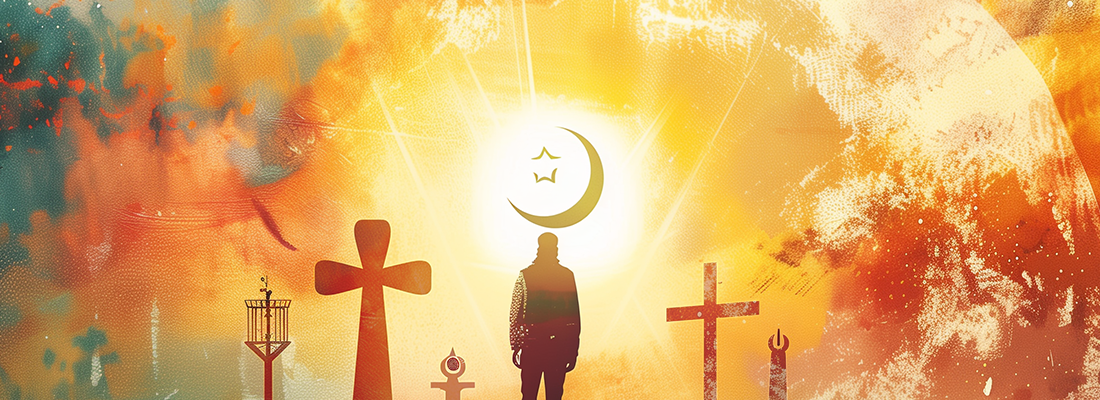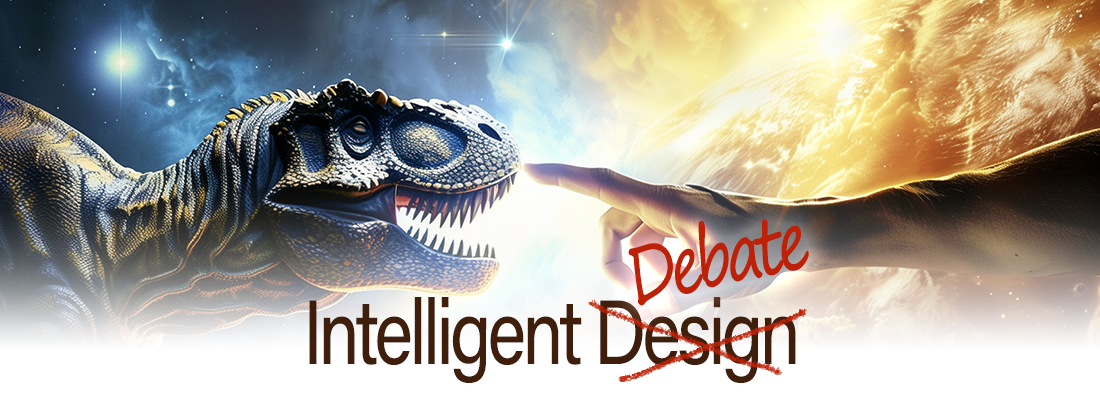



It’s a common scenario in many religious discussions: the conversation quickly pivots to the creation of the universe. This often serves as a sort of “gotcha” moment for proponents of theistic beliefs, suggesting that the mere existence of the universe is evidence of a divine creator. But does this argument really hold water? And more importantly, does it help us determine the truth of specific religious claims?
The argument that a deity created the universe is a widespread claim shared across many religious traditions. Each of these traditions frequently proposes its own unique creation story, colored with cultural and theological specifics that differentiate one from another. However, asserting the universe’s creation by a deity does little to validate any one religion over another. After all, if the creation argument is the foundation of religious truth, how do we reconcile the myriad of different creation narratives from thousands of religions around the world?
Focusing solely on the creation of the universe diverts attention from more pressing questions that need to be addressed. Each religion makes unique claims—about miracles, prophetic visions, and divine interventions—which are often presented as evidence of their ultimate truth. However, these are the claims that should be under scrutiny.
For instance, why should the resurrection story of Christianity, the enlightenment of the Buddha, or the revelations to Muhammad in Islam be taken as factual? These events are pillars of their respective faiths and are crucial to the religious narratives that influence millions of lives. Yet, they typically go unexamined in a meaningful way during debates and discussions.
If we are to understand and evaluate religions honestly, our focus must shift to a more evidence-based inquiry. It involves examining the historical accuracy of religious texts, the feasibility of religious miracles under scientific scrutiny, and the consistency of religious teachings over time. By doing so, we can engage in a more substantive dialogue about religion’s role and truth in the modern world.
Moreover, we must also question the morality and ethics of religious teachings, considering their impact on followers and society at large. How do these teachings hold up in the context of modern values of equality, justice, and freedom? This shift in focus could lead to more productive discussions that not only challenge the intellect but also resonate on a moral level.
I encourage you, the reader, to delve deeper into these discussions. Don’t settle for the creation argument as a catch-all defense of religion. Instead, challenge yourself and others to explore the specific claims and teachings of various religions. What evidence exists to support these claims? Are these teachings compatible with our understanding of the world today?
Let’s foster a community dialogue that values evidence-based beliefs and respects rational inquiry. Your thoughts and perspectives are crucial in enriching this conversation. What has been your experience in discussing these deeper issues within religious debates? How do you approach conversations about the validity of specific religious claims?
This exploration is not just an academic exercise; it’s a journey towards understanding and, perhaps, towards finding real truths grounded in evidence and reason.